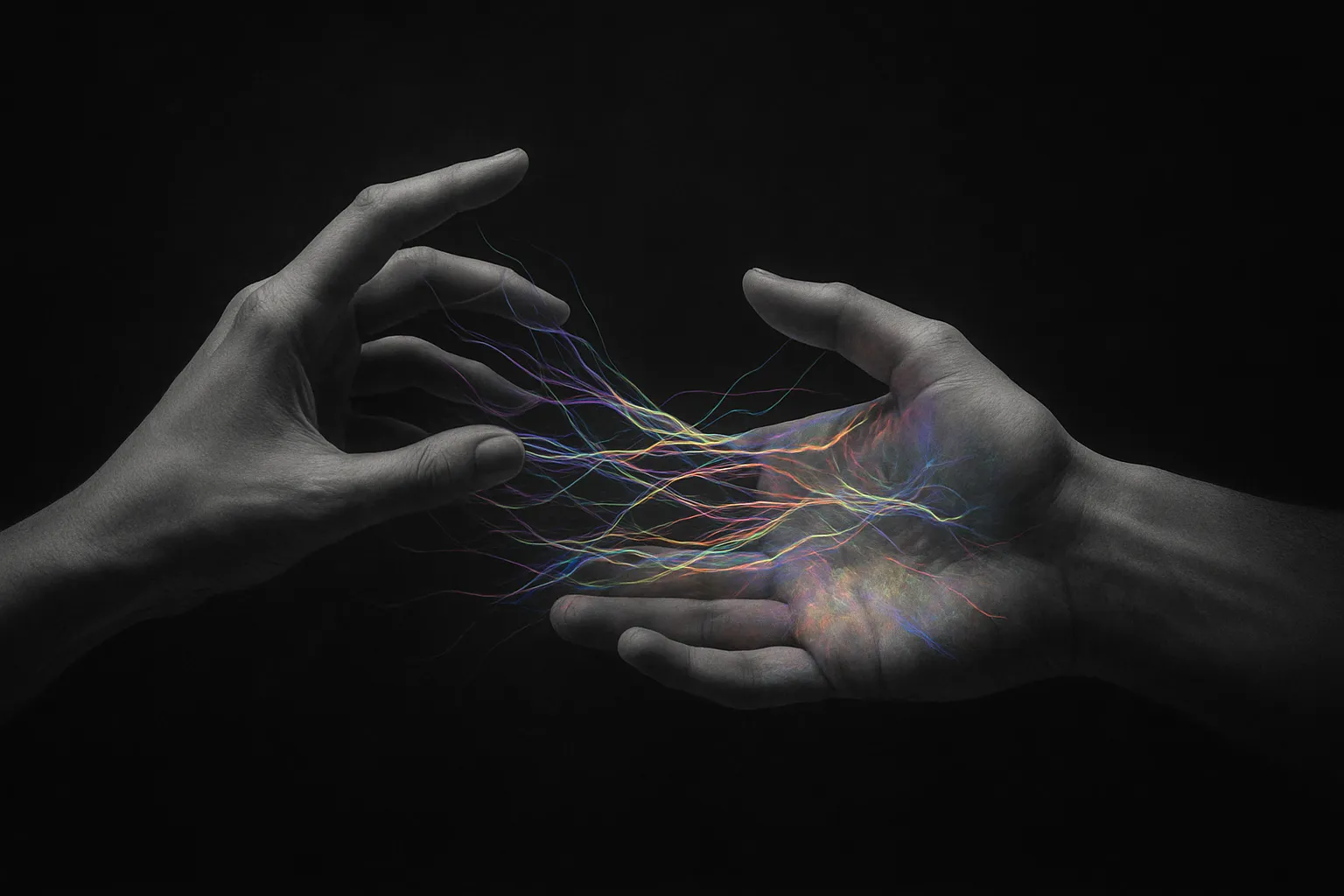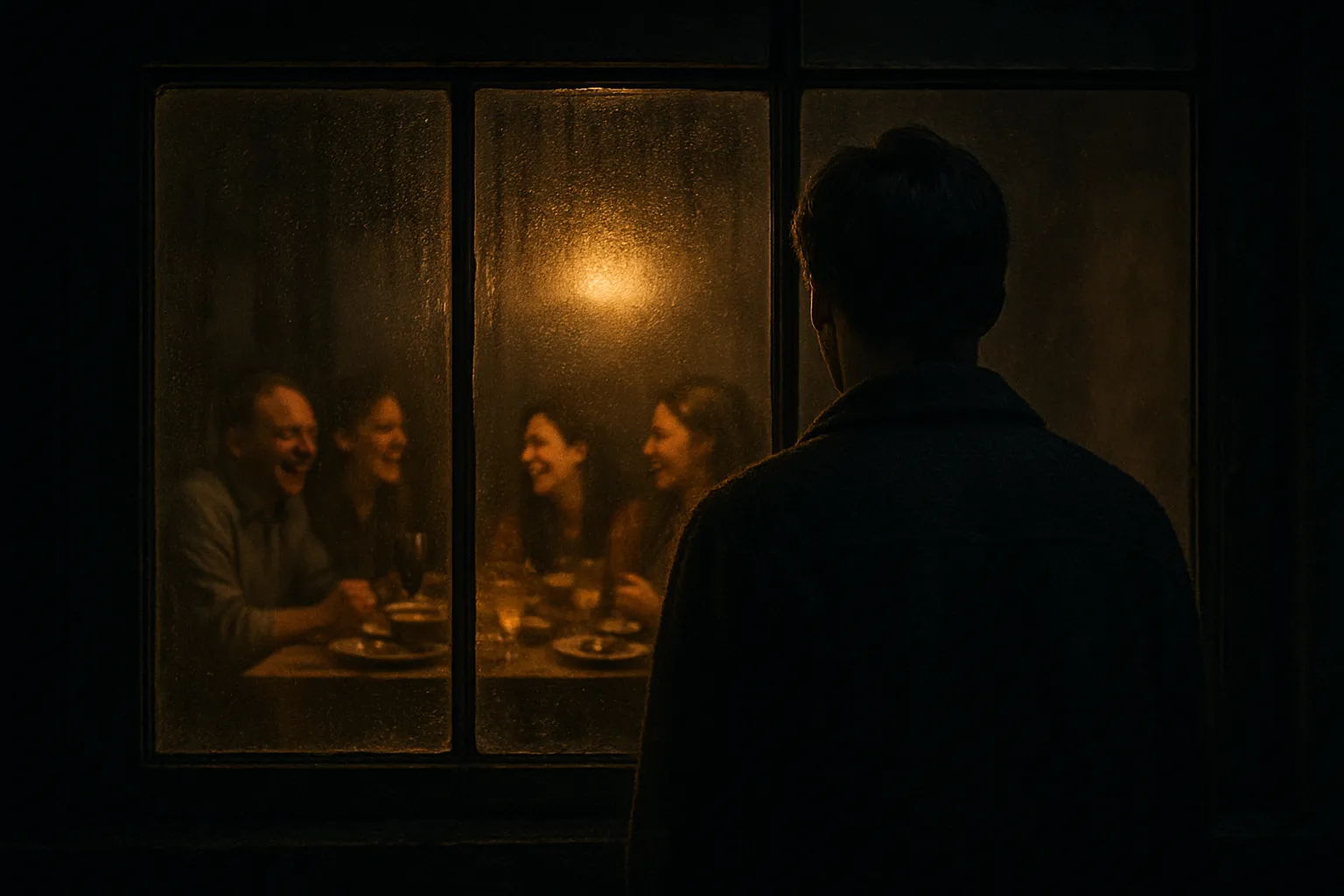The Psychology of Attraction: What Draws Us In?

The Invisible Force
What is that spark, that instant chemistry, that invisible force that draws two people together? We often romanticize attraction as a mysterious, unpredictable magic. And while it can certainly feel that way, psychology and social science have dedicated decades to decoding this fundamental human experience. The results are fascinating, revealing that attraction is not just about physical appearance; it's a complex interplay of brain chemistry, subconscious cues, and simple logistics. Understanding these forces doesn't diminish the magic; it deepens our appreciation for the intricate dance of human connection.
Principle 1: The Power of Proximity
One of the most robust and perhaps least romantic findings in social psychology is that we are most likely to be attracted to people who are physically close to us. This is known as the Proximity Principle. The more we are exposed to someone—whether it's a coworker in the next cubicle, a neighbor, or someone in our weekly yoga class—the more familiar and therefore more likable they become. This is due to the "Mere-Exposure Effect": a psychological phenomenon by which people tend to develop a preference for things merely because they are familiar with them. Proximity doesn't guarantee attraction, but it provides the fertile ground in which it can grow.
Principle 2: The Comfort of Similarity
While the idea that "opposites attract" makes for a good movie plot, research overwhelmingly shows that we are drawn to people who are similar to us. This similarity can be in various domains:
- Values and Attitudes: Sharing core beliefs about the world, politics, and what is right and wrong creates a deep sense of validation and understanding.
- Interests and Hobbies: Having shared activities you enjoy together provides a natural foundation for spending quality time.
- Socioeconomic and Educational Background: We often feel most comfortable with people who understand our life experiences and social context.
This attraction to similarity makes perfect sense. It's easier to build a life with someone when you are both working from a similar blueprint.
Principle 3: The Halo Effect of Physical Attractiveness
There's no denying that physical appearance plays a role in initial attraction. But its power goes beyond simple aesthetics. This is due to a cognitive bias known as the "Halo Effect," where we tend to assume that physically attractive people possess other positive qualities as well, such as kindness, intelligence, and success. While what is considered "attractive" can vary across cultures, there are some universal biological cues, such as facial symmetry, that are subconsciously perceived as markers of health and good genetics. However, it's important to remember that as we get to know someone, our perception of their physical attractiveness can change dramatically based on their personality.
Principle 4: The Potent Pull of Reciprocity
Perhaps the most powerful principle of all is reciprocity. We are overwhelmingly attracted to people who we believe are attracted to us. The knowledge that someone likes you is a powerful aphrodisiac. It boosts our self-esteem and makes us feel safe and validated. This is why playing "hard to get" can often backfire. While a little mystery can be intriguing, a genuine and clear expression of interest is often the most effective way to spark a connection. The simple act of another person liking us makes them infinitely more appealing.
A Complex Cocktail
Ultimately, attraction is not one single thing; it is a complex cocktail mixed from these ingredients and more. It's the familiarity of the person you see every day, the comfort of shared values, the initial spark of physical chemistry, and the ego-boosting warmth of knowing they like you back. It's a dance between our biology, our psychology, and the simple serendipity of being in the right place at the right time. Understanding these elements doesn't take away the magic; it simply allows us to see the beautiful and intricate science behind it.


